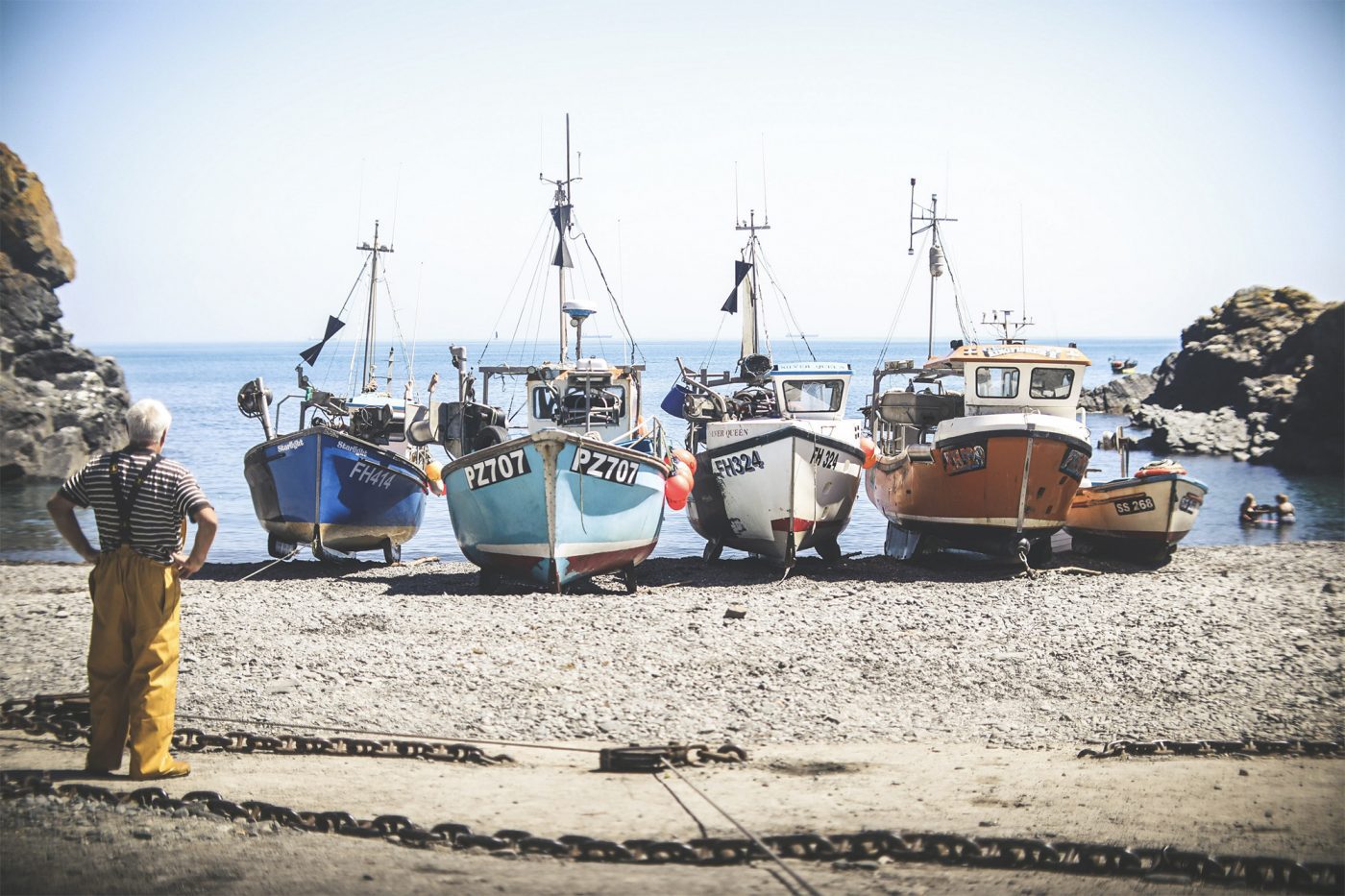29 May 2014
As the European institutions struggle to absorb the implications of last week’s elections to the European Parliament, it is clear that the seismic shift in popular opinion could carry important implications for fisheries.
The Commissioner, Maria
Damanaki, is already on record as saying that the vote means that Europe cannot
“continue business as usual.” The Commissioner and the Commission more
generally, must take their share of responsibility for the alienation felt by
ordinary people to the extent that they have stayed away from the polling
booths in droves, or voted for avowedly anti-EU parties.
Fishing has a visibility in the
public mind beyond its size, and the failures of the CFP have been a not-unimportant
part of the public perception of an unaccountable Commission and out-of-touch
Parliament overseeing blunt, frequently ineffective, and sometimes brutal policies.
It is not an insult to say that the
Commission and MEPs are too ignorant to be allowed to manage European
fisheries. It is merely a description of the reality that a small-group of Brussels-based
bureaucrats and politicians, whatever their qualifications and personal attributes,
cannot possibly hold the detailed knowledge necessary to effectively manage the
wide range of complex and diverse range of fisheries found in EU waters. The
recent reform of the CFP both recognised and denied this important fact. The
scope for member states, cooperating regionally, to play a significant role in
policy formation in fisheries will hopefully mark the beginning of what will
turn out to be a radical decentralisation of fisheries decision-making. But the
EU discard ban (aka landings obligation) carries sufficient hallmarks of the
old regime to cause problems in design and implementation. The Commission’s subsequent
proposal to apply a blanket ban drift nets that would, if adopted, extinguish a
range of sustainable small-scale fisheries, suggests that the Commission’s top-down
instincts are not dead, at least up to last week’s vote.
They may however be killed
off by the voice of the people. According to the BBC, the vote last week is
likely to result in a rebalancing of responsibilities between Europe and the
member state, less regulation, and a refocus onto economic growth and jobs.
If this turns out to be true,
it would have to have concrete expression in fisheries, through:
· The withdrawal of
the proposal to ban drift nets
· Visible and
active support for regionalisation
· A departure from superficial,
media-focused legislation, when less grandiose but more soundly-based
approaches are available
· A genuine
determination to remove layers of unnecessary and counterproductive
legislation. First on the list should be the removal of effort control (days at
see restrictions)
This would be a good start in
rolling back the intrusive and and frankly ineffective parts of the Common
Fisheries Policy in line with the new democratic
realities.

